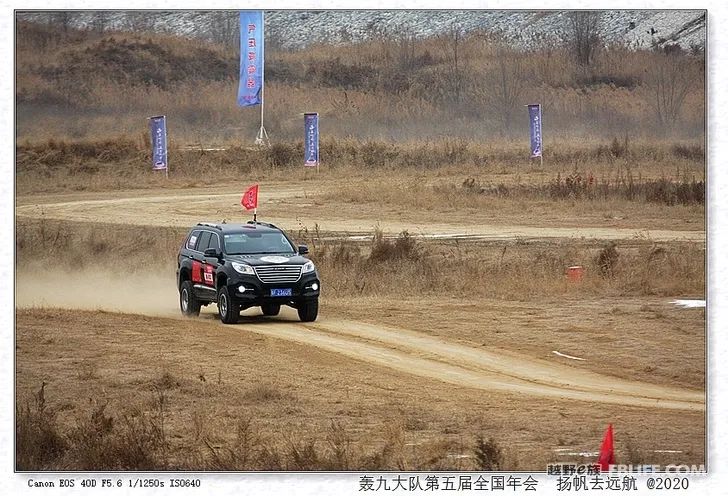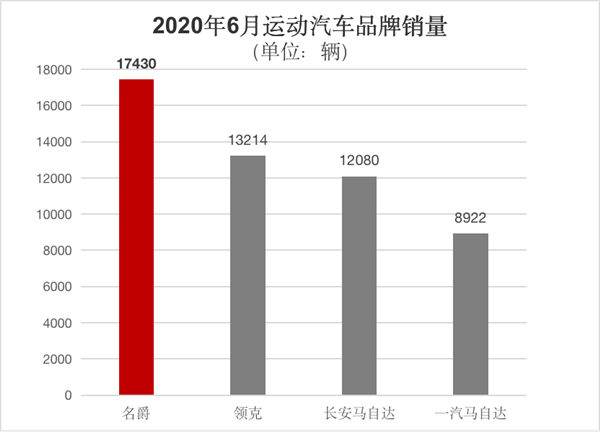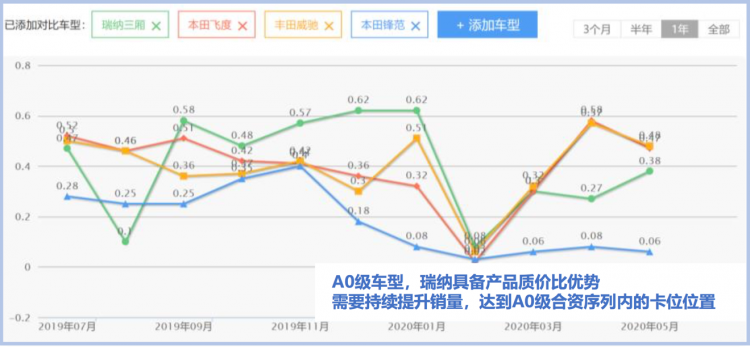Day 1
entered March, the rain stopped for a few days, and the spring light suddenly brightened, ready to start again. The preliminary plan is to make a circle around southern Zhejiang: Taizhou, Wenzhou, Lishui, Jinhua, Quzhou, Zhuji. The mountains, rivers and rivers in Zhejiang have been seen too much, and they are all similar, so the focus is not on the natural landscape, but on the humanities. Only take roads and cities, counties and towns, not offroad, this is also the principle of my travel.
After driving for 4 hours, we arrived at Linhai at 7:00 pm. The streets are clean and beautiful, and the buildings are decorated with LED lights.
Check in the hotel and come out to eat a mutton noodle casserole, which is not bad.
Visiting the nearby China Resources Vanguard Supermarket, it is very popular inside, and the line to pay is as long as 20 meters, which is rarely seen in Shanghai.
Linhai dialect is close to Ningbo and Shaoxing dialect, and belongs to the Jiangsu, Zhejiang and Shanghai dialects. But the child and mother communicate in Mandarin.
Linhai has been built for more than 2,000 years, and it is the seat of the old Taizhou government. After the city government moved to Jiaojiang District, Linhai is now a prefecture-level city under Taizhou.
Day 2
Check out early in the morning and go straight to Taizhou Fucheng, known as the Great Wall of the South of the Yangtze River. It is well known that Linhai has beautiful mountains and rivers, and a collection of humanities. The southeast of Xiongzhen, the Great Wall in the south of the Yangtze River, was first built in the Eastern Jin Dynasty, and later rebuilt by Qi Jiguang, endowing it with dual functions of resisting Japanese and floods. Most of its shapes are unique and innovative, and later became a model of the Ming Great Wall.








It kept raining. When I got out of the car, there were a few drops of rain, and I didn’t take an umbrella. I have always hated holding an umbrella, it is too troublesome. The Great Wall has to be walked all over again, and then turned back at the broken end (the east section was completely destroyed when the fourth old one was broken).

From the city wall down to Ziyang Street. During the Northern Song Dynasty, a Taoist priest named Ziyang Zhenren came out of Linhai, so the ancient street got its name. Find a small shop and eat a bowl of local famous wheat shrimp.


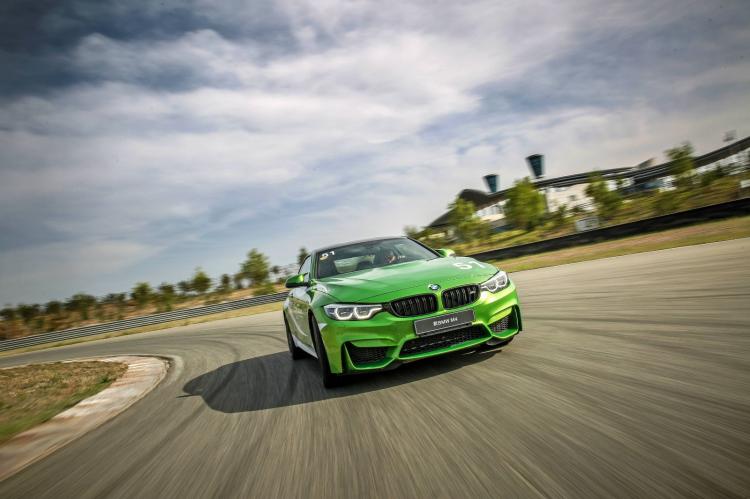
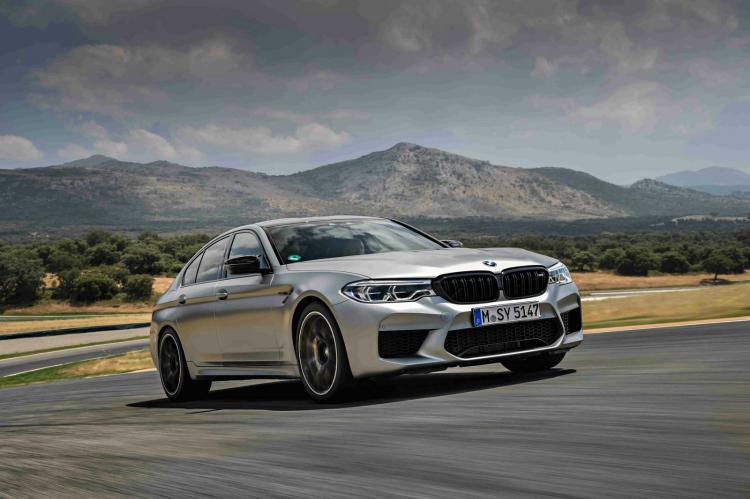





Check the map, plan to walk through Ziyang Street to the city wall, and then find a way to get a car through the city wall. I asked a middle-aged woman for directions. The woman showed the way and seemed to hold an umbrella for me. Hurry up and walk quickly, and she also walks quickly to keep up, haha. Walked a long way, behind me asked me where I came from, and answered Shanghai.
There was a taxi passing by, so I waved quickly. Although there is only a short distance, but it is raining, I really don’t want to go.
Next to the parking place of my car is the East Lake, which is considered a scenic spot, but it is raining and I am soaked, so I really don’t want to go anywhere. Stay in the hotel and practice the piano. Ctrip finds a hotel, parks the car, checks in, enters the room, takes off the wet clothes and hangs them up, makes a cup of hot tea, lies down on the bed, and everything is fine.

Compared with northern Jiangsu, Zhejiang’s commerce is still developed. Just like in Shanghai, when you search and comment on the nearby food, there are too many restaurants to find out. A few tens of meters away, there is a Chinese fast food, a steamed bream, and a bowl of pickled bamboo shoots. Had a nice dinner.

Alipay shows that I walked 15600+ steps today!
Day 3
Get up early and have a bowl of seafood noodles at the noodle restaurant opposite.
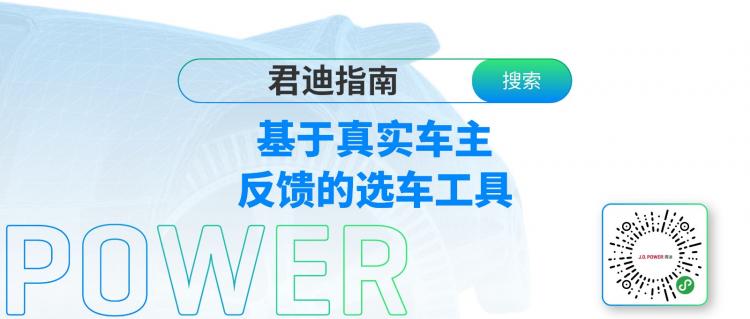
Linhai City Museum, the venue is tall, and the scale is amazing for a prefecture-level city.
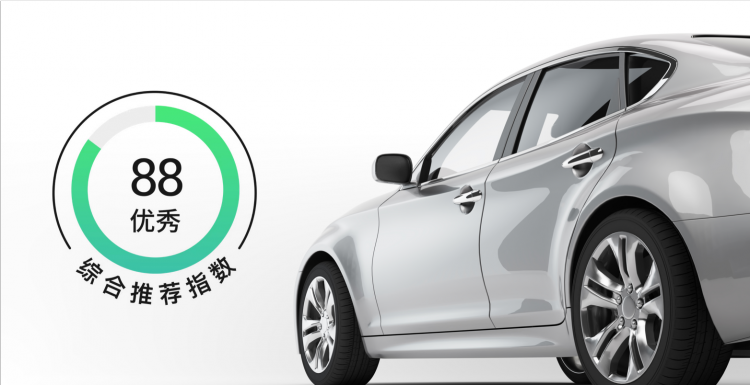
Linhai City Museum, the venue is tall, and the scale is amazing for a prefecture-level city.
According to the floor, it is divided into history management, pterosaur fossil museum and customs museum. The collection inside is rich, the facilities are very new, and the condition is very good. The history from the Stone Age to liberation, the characters, the construction and evolution of the city are extremely complete and detailed, and can be called a model of local literature and history collections. Lin’an was the land of Ouyue in ancient times, and its style of writing and people’s wisdom developed later than that of the Central Plains. It was not close to the central court before the Southern Song Dynasty, and it was a relationship of vassals paying tribute. After the Southern Song Dynasty established its capital in Hangzhou, it was integrated into the Chinese civilization. When looking at the Lin’an Customs Museum, some locals were watching and commenting. When a younger sister in her 20s saw the folk customs, farm tools and clothing, she said that she was like this when she was a child, and now her parents’ neighbors still have stone houses like this, and so on. Presumably, in the past ten or twenty years, great changes have taken place here. The local folk customs and houses have gradually disappeared with urban construction. In the past few years, they have been rescued into this museum and become exhibits. Presumably this museum is not all political achievements. Culture is the soul of a city, and it is the self-confidence standing among the nations of Kyushu. When lost in the urban life of thousands of cities, maybe a little bit of local cultural memory can become the destination in people’s hearts. Just like the closing words on the exit wall of the Custom Museum: Time flies, time goes by, how many past events are turned into memories. The ancient streets and alleys in the misty rain, the chant of the trackers on the Lingjiang River, the flying bamboo on the fingertips… Even in a dream, this kind of memory will still be immersed in the bone marrow. We were born here and grew up here. As long as we are still here, nostalgia will stay with the years, and memories will last forever.
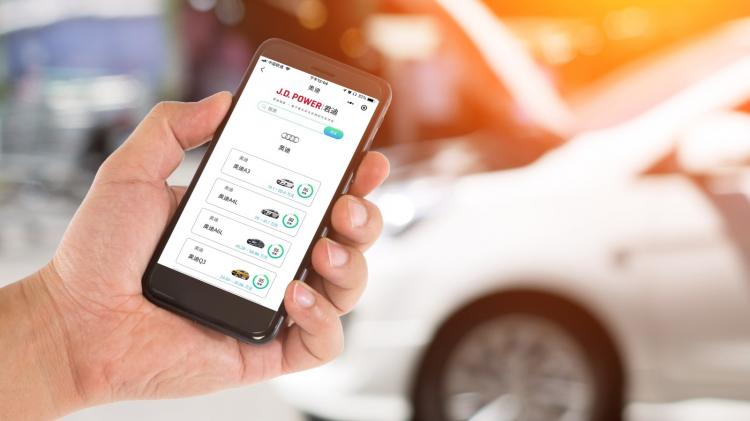







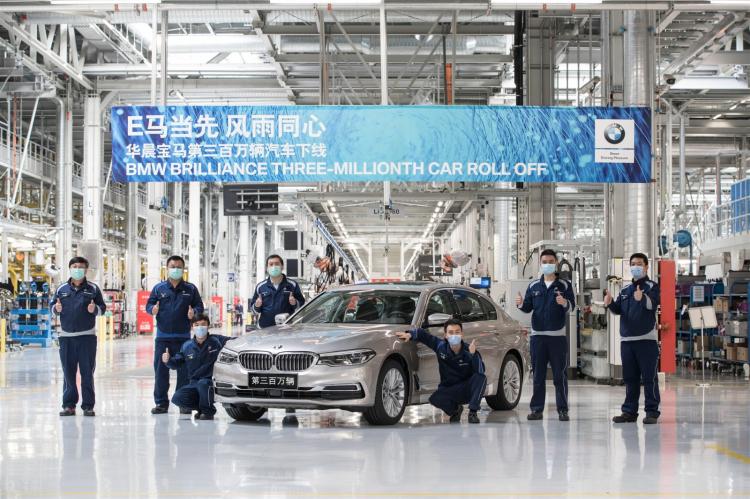







When you come out of the museum, there is Linghu Scenic Area next to it. Surrounded by mountains, many antique buildings have been newly built along the lake, with pavilions, small bridges and flowing water, and the scenery is beautiful. Many cities are like this now. The government has invested huge sums of money to create a livable environment for citizens. Not long ago, the township manufacturing industry disappeared, and the environment was much better. Still entrusted the wealth of Xi Jinping’s saying “green water and green mountains are golden mountains and silver mountains”. Industrial restructuring is already visible. So there is no need to worry about many things, it’s just that you can’t see the future clearly.


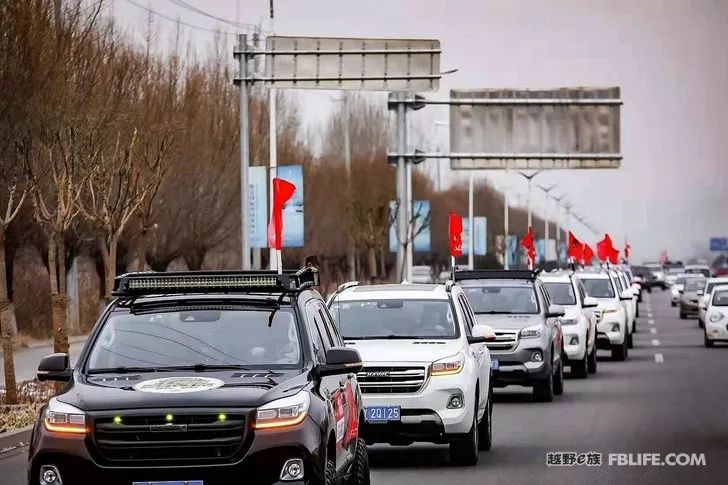
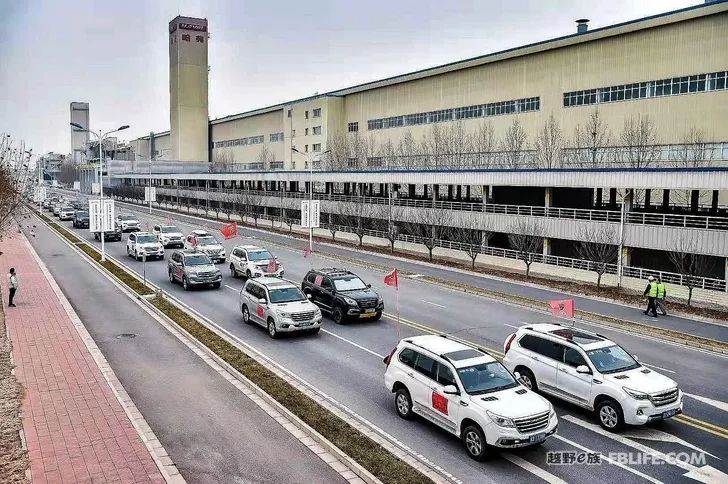
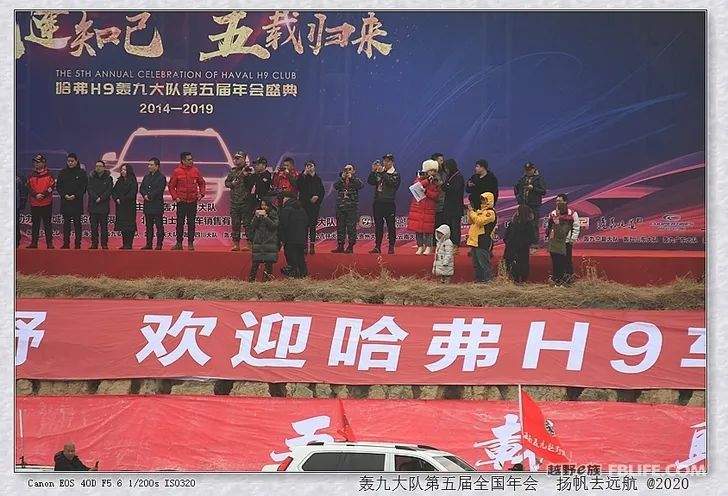
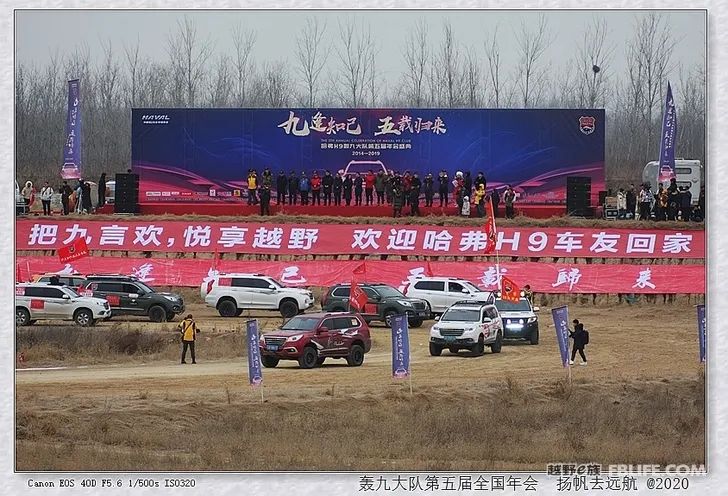
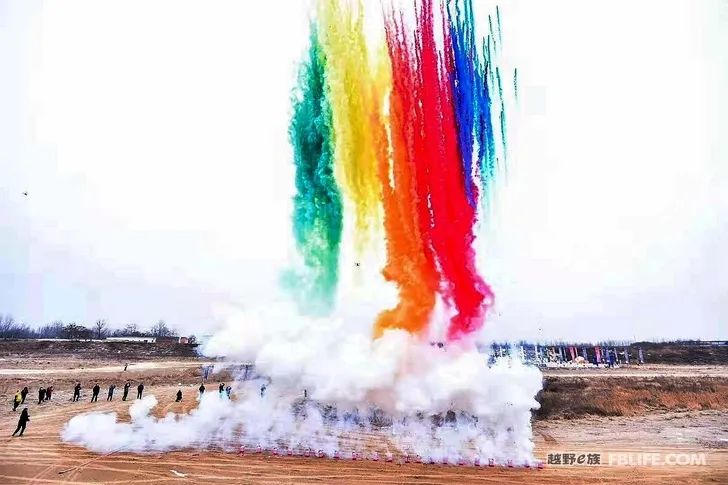
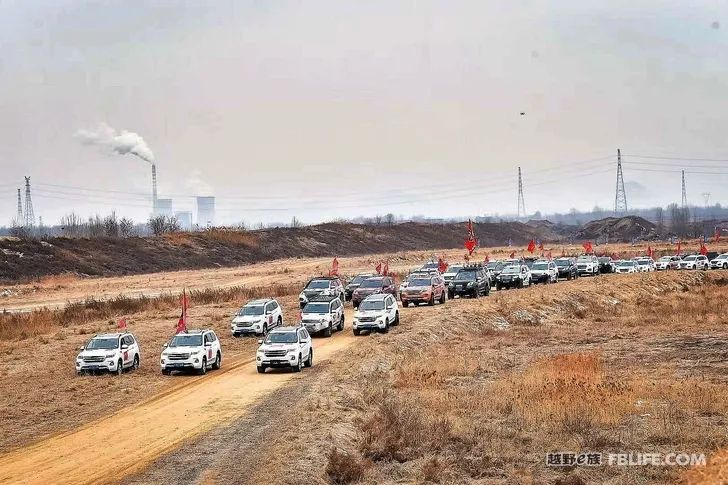
Depart for Wenzhou. Where is Wenzhou? I didn’t think about it. Pass through the Yandang Mountain Tunnel (Are you really going to Yandang Mountain? It’s all here! Don’t go, resolutely don’t climb the mountain), have a meal in the Yueqing service area on the way, check Ctrip. Wenzhou’s tourism resources seem to be all around, such as Yongjia, Yueqing, and Yandang Mountain. There seem to be no historical sites in the urban area. There is a Wanghai Building on an island far away from the urban area, called Dongtou County. Booked a hotel in Dongtou, more than 1 km away from the scenic spot.
The city of Wenzhou is much larger than the places we visited before, and there are already many high-rise buildings near the edge of the urban area on the expressway.
The Lingni North Embankment leading to Dongtou should be a sea-crossing bridge on the map, but there is only darkness on both sides outside the car window, and nothing can be seen. Only go straight towards the street lights that extend into the endless night ahead. I was the only car on the entire embankment, and I felt a sense of loneliness at this moment. How I wished that the co-pilot had a companion who could talk about the novelty and excitement in my heart. Just like Qi Qin’s song sang: Don’t tell me the boring things in life, don’t tell me that victory or defeat is a common matter in military affairs, how much do you know about what I have gone through? In the battlefield of life, victory does not always belong to me. I can only keep my head down and move forward…
(to be continued)
